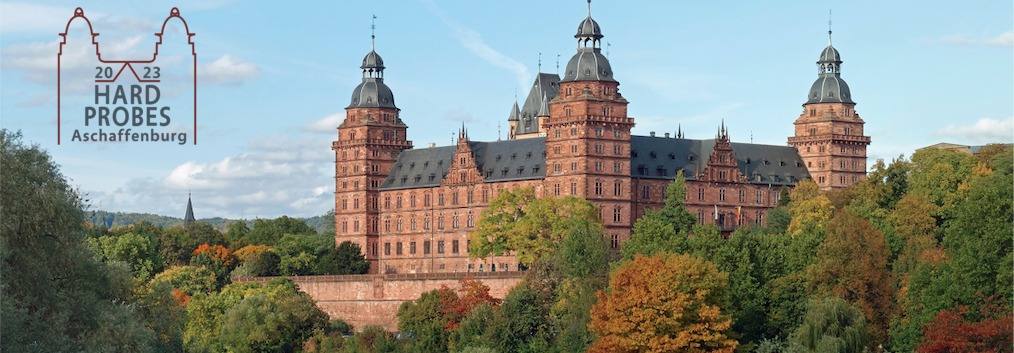Sprecher
Beschreibung
The hadronization process is a well-known non-perturbative process, which is happening in both elementary collisions such as $p+p$, $e^++e^-$ collisions, and also the relativistic heavy ion collisions. Studying the hadronization mechanism is crucial for understanding the QCD in low-energy regions.
In elementary collisions, the hadronization process is usually described by the fragmentation model, while the recombination plays an important role in quark hadronization in the hot medium, which created in relativistic heavy ion collisions. The state-of-art is mixing the fragmentation and recombination process. The recombination dominates in the low transverse momentum region while fragmentation takes over in the high transverse momentum region.
Due to the large mass, distinguishable, and traceable properties, heavy flavor supplies a unique probe to study the hadronization mechanism in heavy ion collisions.
We convened many theoretical groups to do the comparison of the hadronization models with given initial condition.
In this talk, we will present the differences and connections between different hadronization models.
We compare in detail the $H_{AA}$ yield and the elliptic flow $v_2$ of heavy flavor hadrons obtained in different theoretical models and point out how the different models influence the spectra. A summary will be given at the end of this talk.
Affiliation
SUBATECH, Universit ́e de Nantes, IMT Atlantique, IN2P3/CNRS,
| Experiment/Theory | Theory/Phenomenology |
|---|
